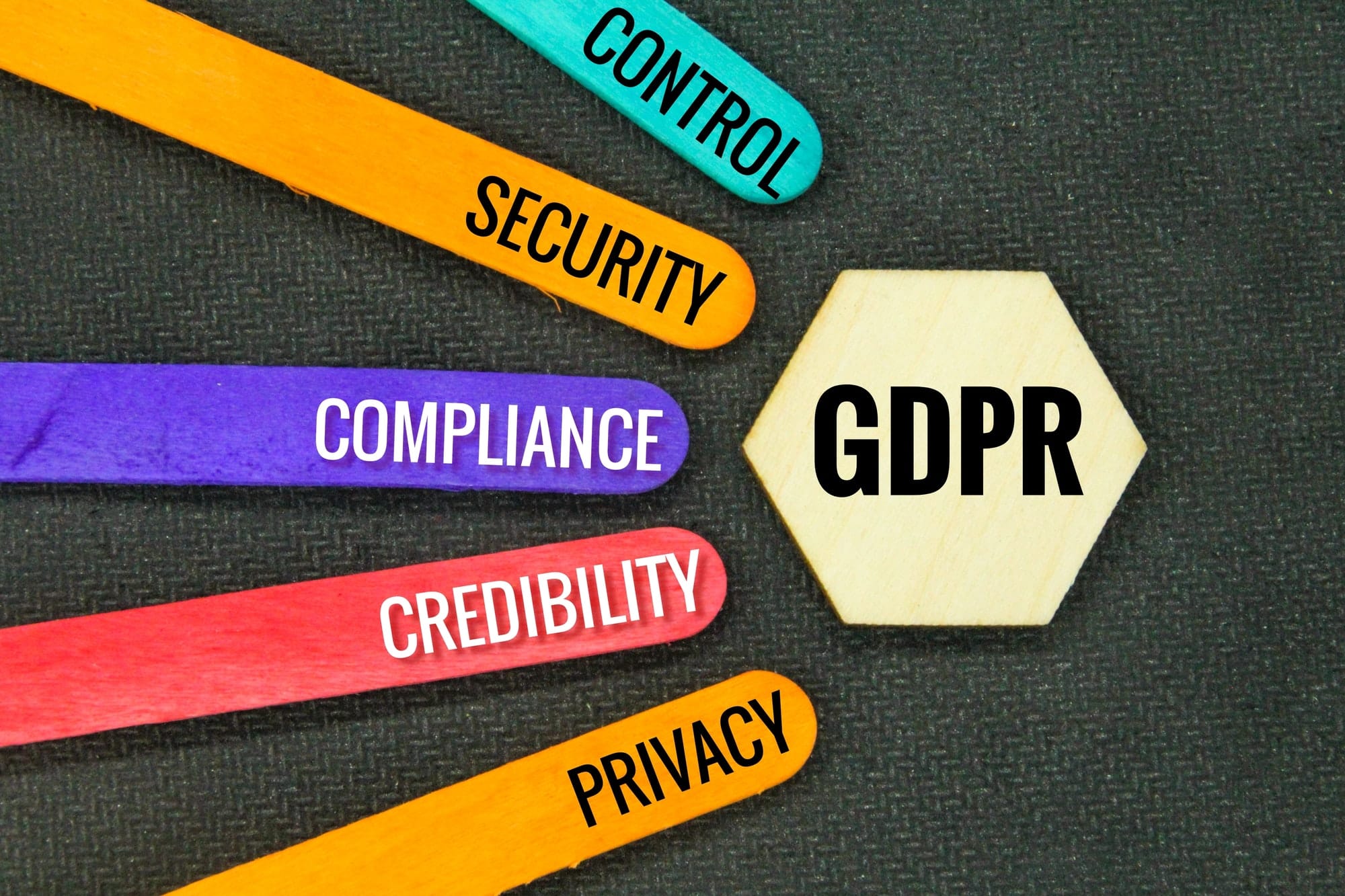What Are the Best Practices for Implementing GDPR Compliance for New UK Startups?

With the rapid development of technology and an exponential increase in data usage, privacy and data protection have become significant issues for companies across the globe. If you are an entrepreneur and your business is based in the UK or has dealings with European customers, you are bound by the General Data Protection Regulation (GDPR). GDPR compliance is not an option, it is a legal requirement.
Understanding GDPR- A Brief Overview
Before delving into the best practices for GDPR compliance, it is crucial to understand what GDPR is. The General Data Protection Regulation, commonly known as GDPR, is a legal framework that dictates how personal data of individuals within the European Union and the European Economic Area is collected, processed, stored, and protected.
A lire en complément : How Can UK Pension Funds Invest Responsibly to Promote Sustainable Development?
This law, which came into effect on May 25, 2018, highlights the importance of data protection and privacy for all individuals within the EU and EEA. It has significant implications for businesses that process personal data, and non-compliance can lead to hefty fines. As a startup, understanding and implementing this law is paramount to avoid legal issues and protect your business reputation.
Ensuring GDPR Compliance- Key Steps for Startups
Ensuring GDPR compliance may seem like a daunting task, but with careful planning and strategic execution, it becomes manageable. Here are some of the key steps you can take to ensure your startup is GDPR compliant.
Cela peut vous intéresser : Multilingual translation agency - translation and interpreting: your expert in France
1. Understand the Scope and Impact of GDPR on Your Business
The first step in ensuring GDPR compliance is to fully understand how this law impacts your startup. This involves examining and mapping out how personal data flows within your company. Understand the types of data you collect, how it is processed, where it is stored, and who has access to it.
2. Design Data Protection Policies
Every startup must design and implement robust data protection policies. These policies should clearly define how you will collect, process, store, and protect personal data. They should also state how long you will hold the data and how you will dispose of it when it is no longer needed.
3. Obtain Explicit Consent
Under GDPR, you can only process personal data if you have explicit consent from the data subject. This means you must inform your customers about what data you are collecting, why you are collecting it, how you will use it, and who will have access to it. Consent must be freely given, specific, informed, and unambiguous.
4. Implement Data Security Measures
Startups must implement robust data security measures to protect personal data from unauthorized access, loss, or damage. This includes encrypting data, using secure systems and networks, conducting regular security audits, and training your staff on data protection best practices.
5. Appoint a Data Protection Officer
If your startup processes large volumes of personal data or handles sensitive data, you must appoint a Data Protection Officer (DPO). The DPO is responsible for overseeing data protection within your company and ensuring GDPR compliance.
Training for GDPR Compliance
Training your team on GDPR compliance is essential. Your employees must understand the importance of data protection and how to handle personal data responsibly. This will not only help prevent data breaches but also instill a culture of data protection within your company.
Training should cover all aspects of GDPR, including the principles of data protection, the rights of data subjects, the rules for obtaining consent, the procedures for handling data breaches, and the penalties for non-compliance.
Handling Data Breaches
Regardless of the precautions you take, data breaches can still occur. It is critical to have a plan in place for handling such incidents. Under GDPR, you must report a data breach to the relevant authority within 72 hours of becoming aware of it. You must also inform the affected individuals if the breach is likely to result in a high risk to their rights and freedoms.
Regular Review and Improvement
Maintaining GDPR compliance is an ongoing process. You should regularly review and update your data protection policies and practices to ensure they remain effective and compliant with the latest regulations. This includes conducting regular audits, identifying areas for improvement, and implementing the necessary changes.
Implementing GDPR compliance in your startup may seem like a daunting task, but it is an investment that will pay off in the long term. Not only will it help you avoid hefty fines and legal issues, but it will also build customer trust and boost your business reputation. Remember, data protection is not just a legal requirement; it is a fundamental right of every individual.
Dealing with Data Subject Requests
Being compliant with GDPR also means you need to be prepared to respond to data subject requests. Data subjects, i.e., individuals whose personal data you are processing, have several rights under GDPR. For example, they have the right to access their personal data, correct inaccuracies, object to processing, and in some cases, request the deletion of their personal data – also known as the right to be forgotten.
The moment your startup begins to process personal data, you should have procedures in place to handle these requests. You must acknowledge requests promptly, typically within a month, and free of charge unless the request is excessive or unreasonable. Startups should also maintain a record of these requests and their subsequent actions for accountability purposes.
Furthermore, it’s essential to verify the identity of the individual making the request to avoid data breaches. The methods of verification should be proportionate to the risk involved. For example, if a person asks for a copy of all their personal data your startup holds, you may require more stringent verification than if the person asks for an update to their contact details.
Creating a GDPR Compliance Checklist
In addition to the practices already outlined, creating a GDPR compliance checklist can be an effective tool for startups. The checklist should cover all processing activities and the controls in place to protect personal data. This can help to ensure that no critical elements are overlooked and provide a clear picture of your startup’s compliance level.
The checklist should include items like identifying the lawful basis for data processing, obtaining explicit consent, implementing necessary security measures, training staff, dealing with data subject requests, and managing data breaches. It’s also vital to routinely update this checklist to reflect any changes in your data processing activities or the regulation itself.
Conclusion
The importance of GDPR compliance for UK startups cannot be overstated. Though it might seem overwhelming at first, breaking the process down into manageable steps can help startups become GDPR compliant. Understanding the scope of GDPR, establishing robust data protection policies, obtaining clear consent, and employing security measures are all part of the compliance journey. Additionally, appointing a Data Protection Officer and training your employees on GDPR and data privacy will further insulate your company against potential data breaches.
Being proactive in honouring data subject requests and having an effective GDPR compliance checklist are also vital. Remember, GDPR compliance is not a standalone project but an ongoing commitment. Regular review and improvement of your data protection and privacy policies are necessary to stay compliant and protect your startup’s reputation. Moreover, by demonstrating commitment to data privacy, your startup can gain trust and loyalty from customers, which are invaluable assets in today’s data-driven world.
